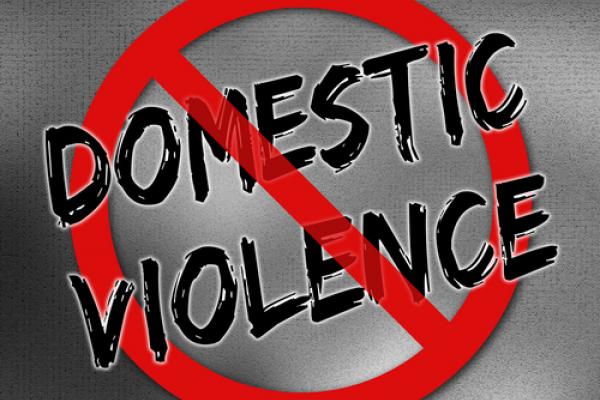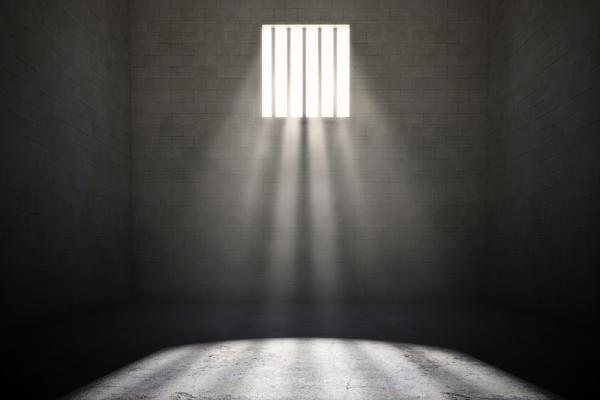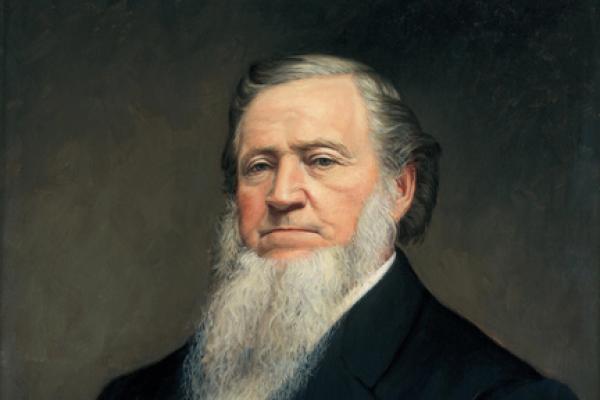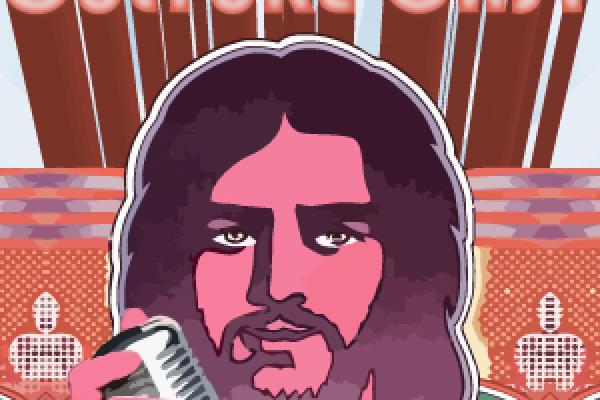A caller into a Christian radio station was telling the hosts about some of the strains in her marriage. Soon, she was talking about the physical abuse she was receiving from her husband.
And the response of the hosts of this Christian radio show? “What are you doing that is making him so mad?”
There’s a sad history in too many Christian churches of pastors telling abused wives that their duty is, as one author noted, “to trust that God would honor her action by either stopping the abuse or giving her the strength to endure it.”
I don’t think that view is as common in churches as it once was. And in many churches pastors and other faith leaders will act thoughtfully and quickly to come to the aid of a victim of abuse. But the undercurrent of tolerating abuse lingers.
A renowned theology professor from the Southern Baptist Theological Seminary, Bruce Ware, preached a few years ago that when women refuse to submit to their husbands, men will sometimes respond with abuse. He did not condone that, but he seemed to accept it as inevitable.
Inmates in British Columbia have filed suit to overturn a decision by the Canadian government to cut part-time prison chaplains, alleging that the policy has nearly eliminated prison ministry to minority faiths.
“Prisoners do not lose their right to freely express their religious and spiritual beliefs by virtue of their incarceration,” said the lawsuit, which asks the court to declare the policy a violation of Canada’s Charter of Rights and to reinstate minority faith chaplains in British Columbia.
The suit was triggered by Ottawa’s announcement last October that it was canceling the contracts of all part-time prison chaplains to save an estimated $1.3 million. The non-Christian chaplains ministered to Muslim, Sikh, Jewish, and Buddhist inmates, and those who follow aboriginal spirituality.
If they were alive today, nearly half the presidents of the Church of Jesus Christ of Latter-day Saints — from Brigham Young in the 19th century through George Albert Smith in the 1940s — would be forbidden from serving in the faith’s 141 temples worldwide.
That’s because being clean-shaven is generally a requirement for men to be Mormon temple workers. Whiskers are fine for temple-going members, but even nicely trimmed beards and mustaches are no-nos for temple workers.
“It is ironic that temple workers are expected to be more clean-shaven than the deity figures — God and Jesus Christ — portrayed in LDS films and portraits,” says Armand Mauss, a leading Mormon sociologist in Irvine, Calif.
Last week, a member of my youth group texted me this picture of a pregnant Kim Kardashian. It’s a recent cover from Star Magazine. She added these sarcastic words:
What? How dare she gain weight while carrying another person in her stomach!
My heart broke. We have a big problem of objectifying women in our culture. I’d just written about the Steubenville rape case and the need to finally answer the ancient question “Am I my brother and sister’s keeper?” with a definitive yes. Rape is an extreme and obvious example of the objectification and violence against women.
But what about the cover of a magazine whose central thesis is: OMG, a pregnant person gains weight?
In some way or other, I think it’s safe to say that we all have a kind of nostalgia for the innocence and purity of the Garden of Eden before what we call “the fall.” We have a sense that we are not supposed to be outside the gates of the Garden … out here. At the expulsion of the man and the woman in the story from Genesis, the cherubim (angels) are posted at the gate to be sure that those who have been expelled cannot get back in. The cherubim and a twirling, flaming sword keep Adam, Eve — you, me, all of us — on this side of the gate, outside the Garden of Eden.
Well it’s a story, of course, but isn’t it our story? Nostalgic for a world where nothing ever goes wrong. But illness comes, a marriage goes bad, a relationship with someone you love falls apart just when you think it’s to lead to something more permanent, you lose a job, you suffer depression, you suffer from an illness, you’re left alone in grief over the loss of a loved one. Or you yourself are dying, and there are wars and rumors of wars. We watch the children and wish that we could protect them, but we can’t, even though we are parents and grandchildren, aunts and uncles. Out here, outside the Garden, it’s rough sometimes.
This week on the Homebrewed CultureCast, we welcomed Stephen Simpson, one of the heads of Psychology at Fuller Theological Seminary, to the show to discuss the intersection of faith and psychology. Specifically, we wanted to try and figure out with him where the thin line between religious fanaticism and pathological mental illness was. Hey, there it is!!!
Sojourners President and CEO Jim Wallis sat down with George Stephanopoulos on ABC's 'This Week' to discuss his latest book On God's Side: What Religion Forgets and Politics Hasn't Learned About Serving the Common Good.
He joined a roundtable of guests to discuss themes in his book, as well as engage in a broader discussion about the Common Good.




